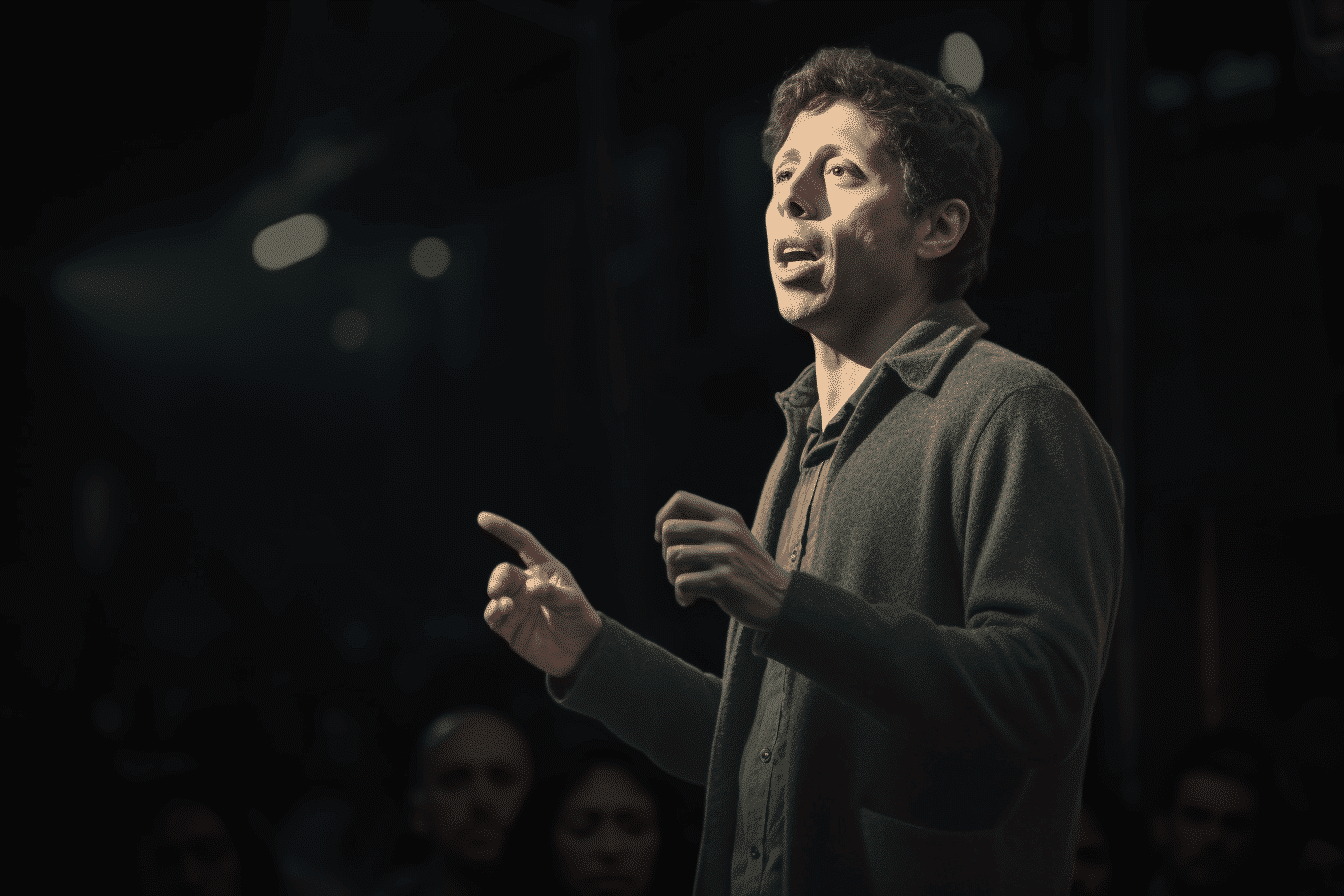OpenAI introduces GPT-4 Turbo, a more economical and efficient version of its language models, along with assurances of legal protection for copyright issues.
In a groundbreaking move, OpenAI has unveiled GPT-4 Turbo, a significant upgrade to its language models aimed at enhancing developer experiences with improved functionality and reduced costs. This announcement, made at OpenAI’s first developer conference on Monday, has been warmly received by the developer community, eager to access the latest advancements in AI.
GPT-4 Turbo, now in API preview, boasts a knowledge base updated to April 2023, a vast improvement from the previous version’s September 2021 cutoff. OpenAI’s commitment to a production-ready release in the coming weeks is highly anticipated, though an exact date remains unspecified.
A standout feature of GPT-4 Turbo is its 128K context window, capable of processing over 300 pages of text. This enhancement enables a deeper understanding of user queries, leading to more comprehensive and nuanced responses. The expanded context window is a leap from the former 8K and 32K versions of GPT-4.
In terms of affordability, GPT-4 Turbo sets a new benchmark. Developers can now interact with the model at just $0.01 per 1,000 tokens for input and $0.03 per 1,000 tokens for output, making it three times less expensive than its predecessor.
Moreover, the model maintains versatility, accepting image prompts, text-to-speech requests, and integration with DALL-E 3. With GPT-4 Turbo, users can execute more complex tasks and specify coding languages for outputs, enhancing customization and efficiency.
Improvements are not limited to GPT-4 Turbo. The GPT-3.5 Turbo model also boosts with a 16K context window and similar functional and pricing updates. Since its March release, GPT-3.5 Turbo has been tailored as the optimal model for non-chat applications, and as of August, it offers fine-tuning capabilities.
In an industry-first move, OpenAI follows tech giants like Google and Microsoft by introducing Copyright Shield. This program offers legal defence and cost coverage for enterprise users against copyright infringement claims, ensuring peace of mind while leveraging AI’s power.
OpenAI’s latest offerings represent a stride toward making AI more accessible and secure for developers. As OpenAI CEO Sam Altman states, “We will now step in and defend our customers and pay the costs incurred if you face legal claims around copyright infringement.” This dual approach of technological advancement coupled with legal reassurance underlines OpenAI’s dedication to fostering innovation while ensuring user protection.




